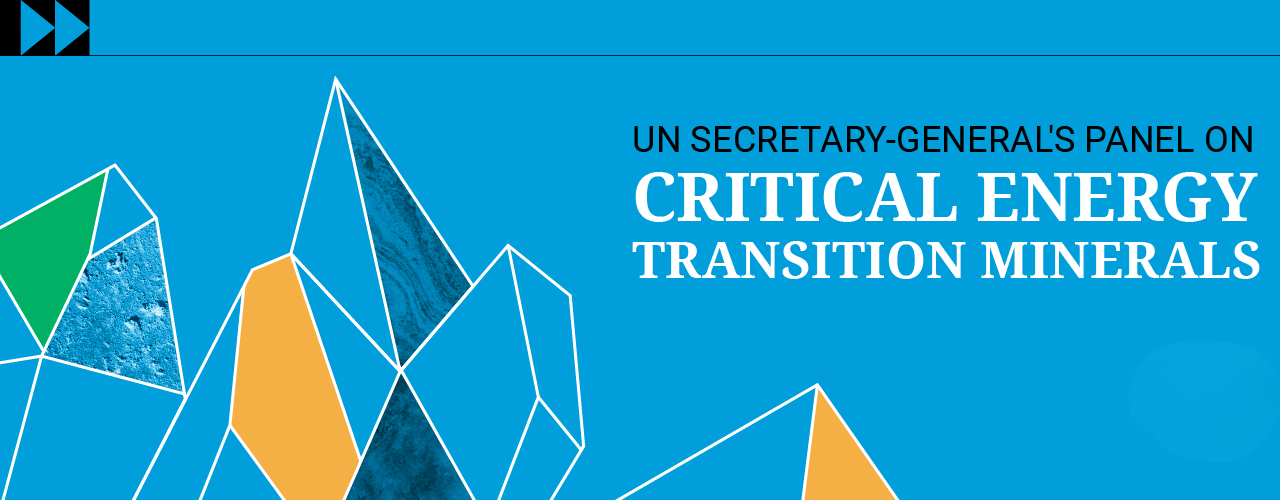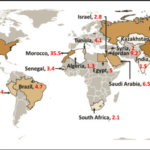In a significant move to bolster India’s energy transition and reduce dependence on imported critical minerals, the Union Cabinet has approved the National Critical Mineral Mission with an allocation of ₹16,300 crore. This mission is part of a broader ₹34,300-crore plan over the next seven years, aiming to enhance self-reliance in essential minerals such as lithium, cobalt, and nickel.
The mission’s objectives include increasing domestic production, promoting recycling, and securing overseas acquisitions of critical mineral assets. It will focus on technology development, creating a skilled workforce, establishing an extended producer responsibility framework, and implementing suitable financing mechanisms.
Critical minerals like copper, lithium, nickel, cobalt, and rare earth elements are vital for clean energy technologies, including wind turbines, electric vehicles, and battery manufacturing. By strengthening the entire value chain—from exploration and mining to processing and recycling—the mission aims to ensure a sustainable and resilient supply of these minerals, supporting India’s green energy goals.
This initiative underscores the government’s commitment to achieving net-zero emissions and fostering sustainable development by securing the raw materials essential for the nation’s economic growth and energy transition.














